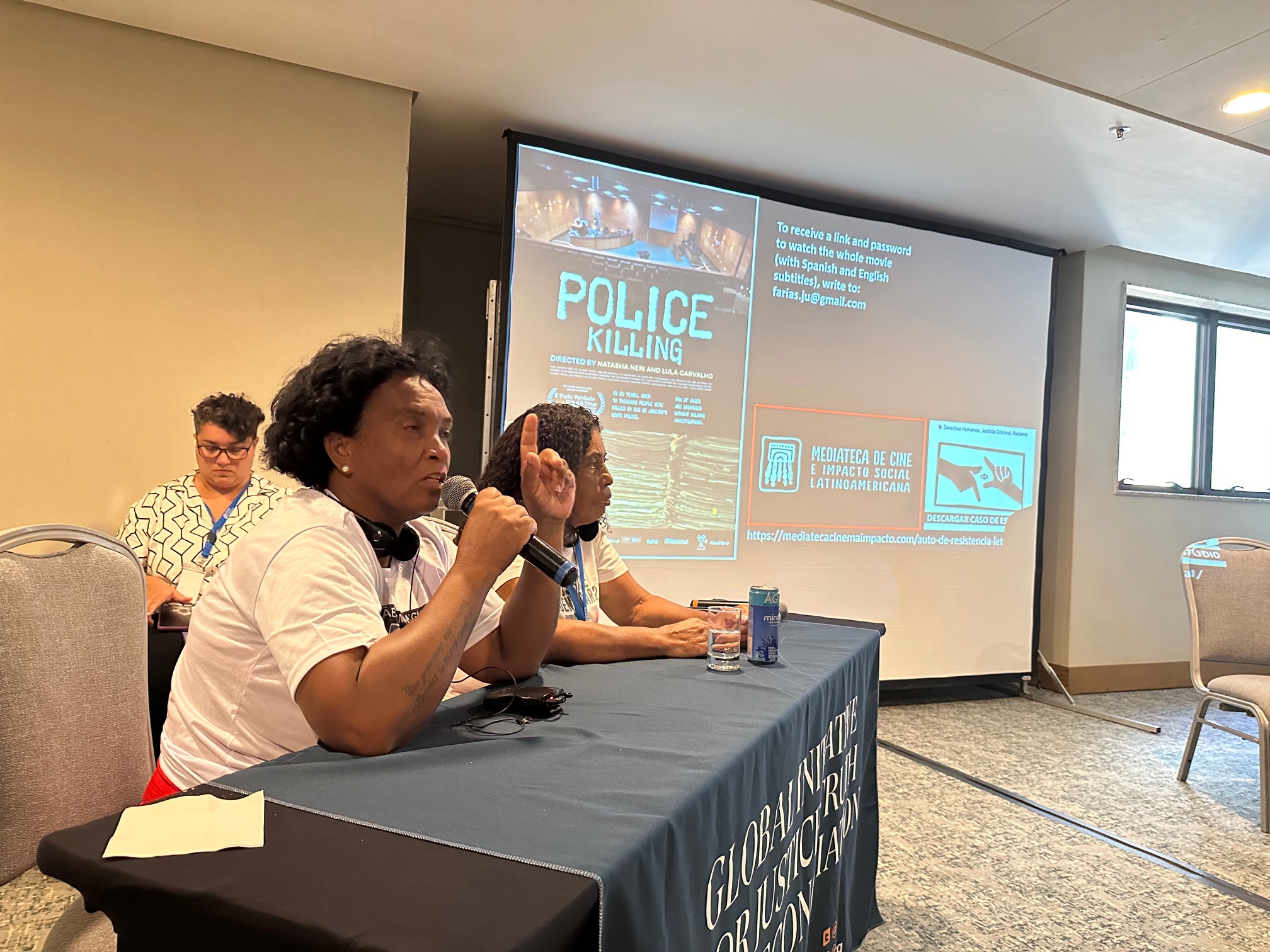International Workshop
December 5-7, 2023
Rio de Janeiro, Brazil
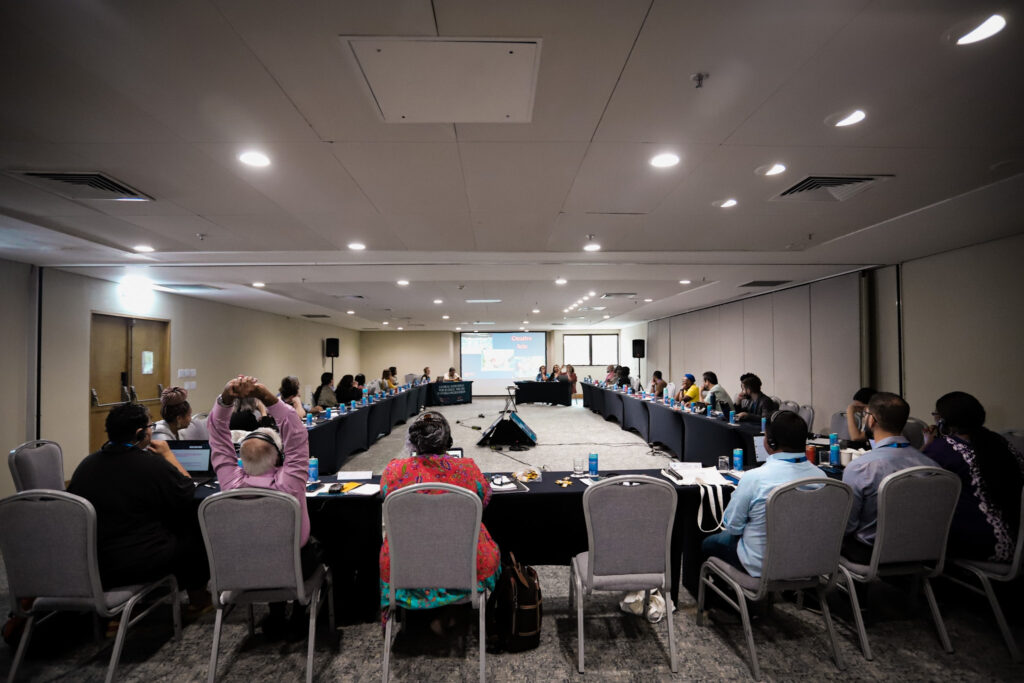
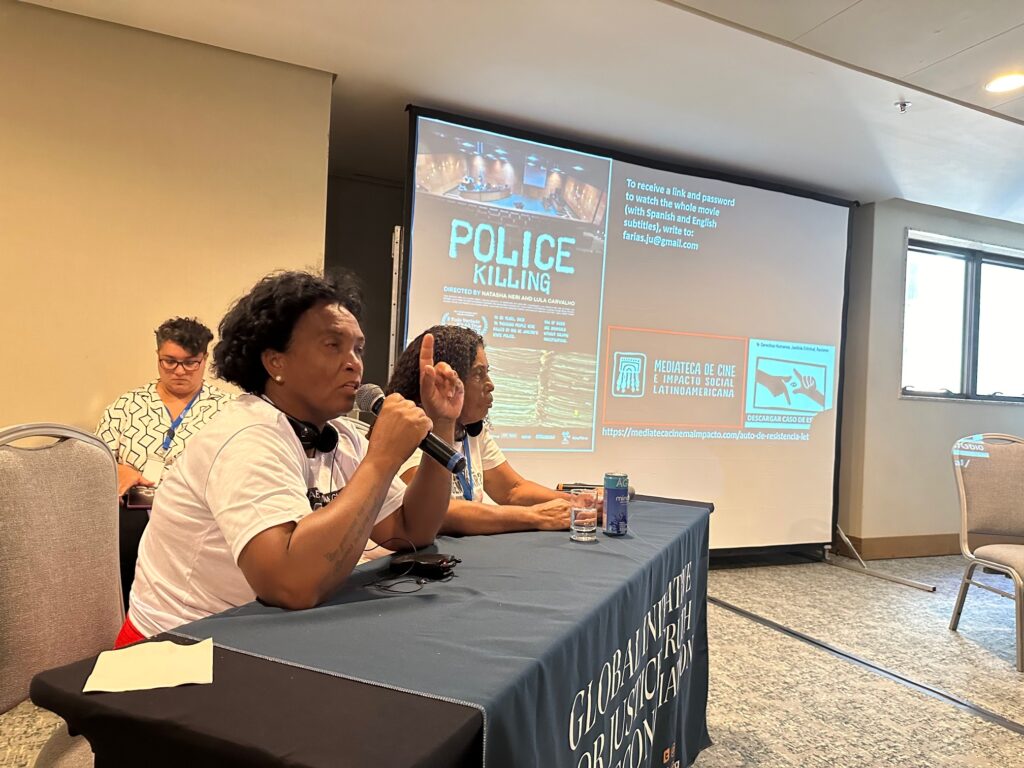
Since the murder of George Floyd in 2020, a deeper awareness of systemic racism has surfaced around the globe. While Sites of Conscience support this development, they know awareness alone is never enough. Racial equity requires deliberate attempts to eliminate policies, practices, attitudes and cultural messages that reinforce unjust treatment based on race and can only be achieved through proactive and preventative measures.
To this end, in 2023 ICSC launched “Understanding Racism as a Risk Factor in Atrocity Crimes,” a project that equips communities of color and their allies with the resources, skills and connections they need to combat structural racism and effectively advocate for equity and racial justice. Facilitated by ICSC’s Global Initiative for Justice, Truth and Reconciliation (GIJTR), the project initially examines the linkages between racism and atrocity crimes in five global contexts – Brazil, Colombia, Namibia, South Africa and Sri Lanka – in order to identify and share exactly how racism unfolds in different settings and develop tools to stem its prevalence in countries across the globe.
In December 2023, GIJTR, in partnership with the Institute Lima Barreto, an organization that works to repair social injustices, promote inclusion, and encourage consistent development in Brazil, held a three-day workshop in Rio de Janeiro that convened nearly fifty policy makers, civil society representatives, academics and artists working in the fields of transitional justice, peacebuilding and racial justice together to examine the project’s research to date and develop from it a set a recommendations on addressing racism as a risk factor for atrocity crimes that can be used by states, international fora such as the United Nations, as well as civil society at local, national and international levels.
The gathering, which brought together participants from 14 countries, was grounded in the understanding that racial justice requires an understanding of the historical roots of racism and the ways in which these have manifested in the present day. In his keynote address, Paulo Abrão, Former Executive Secretary of the Inter-American Commission on Human Rights, Board member of ICSC and Executive Director of the Washington Brazil Office, noted that “racism is a system that has shaped all structures of societies throughout generations, leaving deep scars that are persistent…We need to understand these scars to offer solutions…”
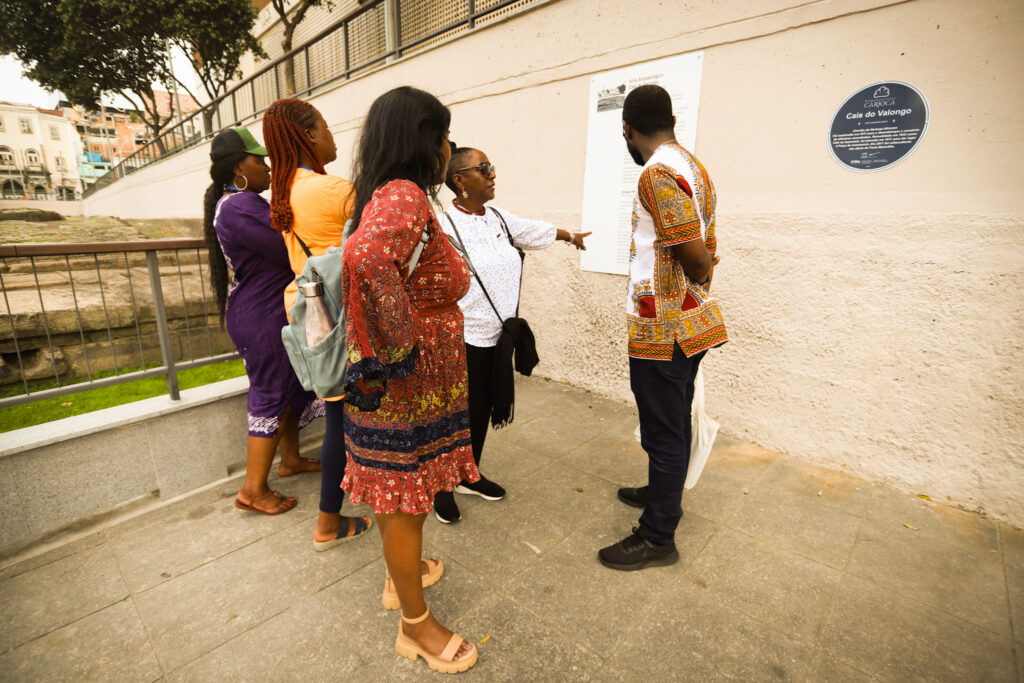
In presentations and panels, participants called out the gaps between policy and practice – specifically the many cases in which racial equity may be protected in public documents, but not actually implemented in social structures. “The Constitution in Brazil is pretty on paper. But, for the Black population, it’s only on paper. It has not come into practice,” explained Monica Cunha, an activist and Councilwoman in Rio, who lost a child to state violence, in a panel on structural racism.
The workshop provided participants with opportunities to understand how racism presents in the Brazilian context through presentations from local community members and activists, a film screening on police violence and site visits to Museu da República, which houses “Our Sacred Archive,” a collection of sacred Afro-Brazilian objects, and the Valongo Wharf Archaeological Site, among other locations. Brazil is home to the largest population of African descent outside of Africa, and was the last country to abolish slavery in the western hemisphere in 1888. Despite being the majority in Brazil, Afro-Brazilians still face rampant racism in government, education and society more generally.
In early 2024, project partners will publish a toolkit highlighting lessons learned from the five country studies as well as other relevant findings related to atrocity, race, racism and international humanitarian law. The toolkit will serve as a resource for communities attempting to draw attention to systemic racism and seeking to prevent its escalation to an atrocity crime. It will also serve as a resource for policy makers, highlighting the linkages between structural racism and atrocity crimes.
For more information on the project, click here.
Related Resources
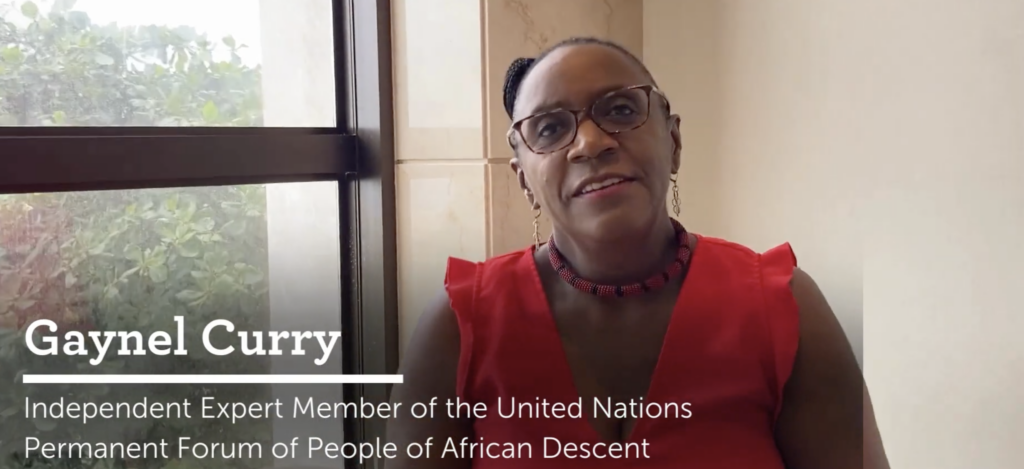
Working Across Borders
Listen here to participant Gaynel Curry, Independent Expert Member of the UN Permanent Forum of People of African Descent, speak about the importance of holistic approaches that bring together local, national and international stakeholders.
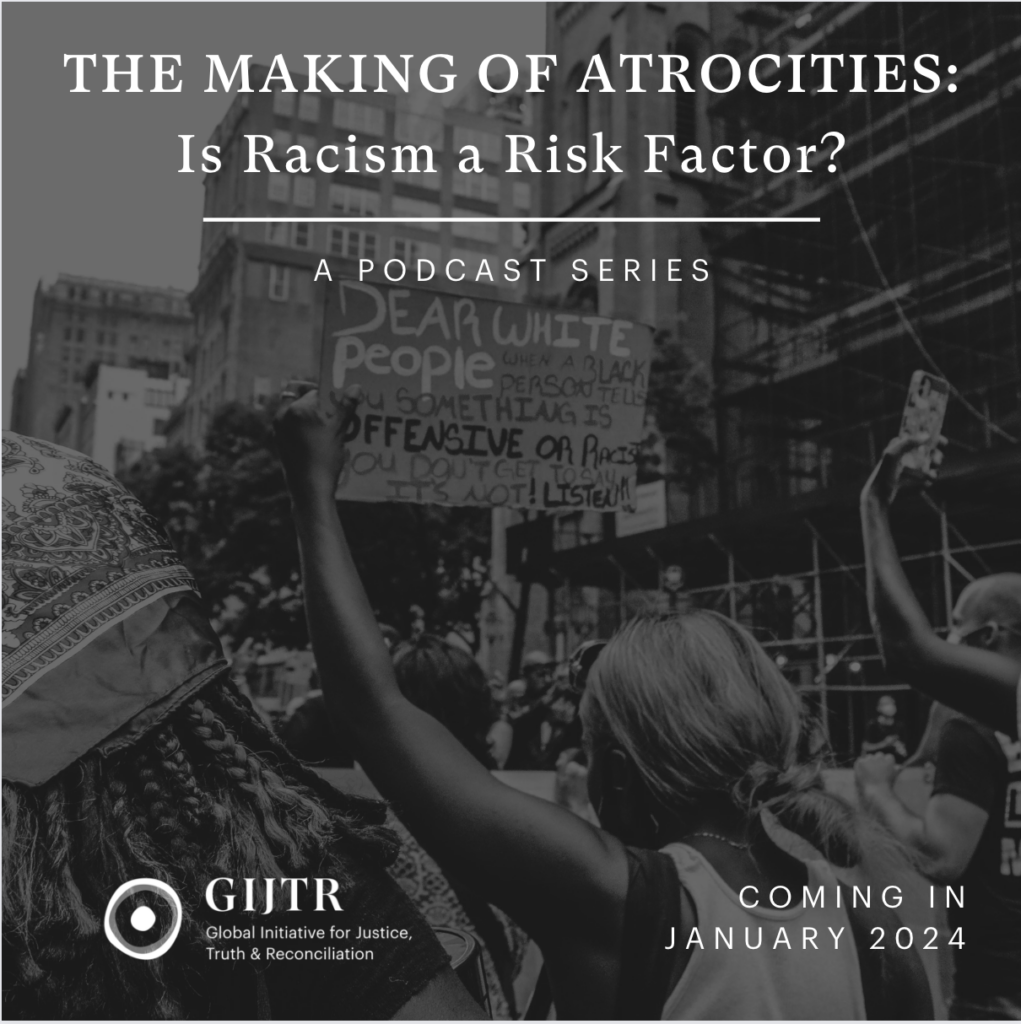
A Forthcoming ICSC Podcast
In January 2024, ICSC will launch a podcast series to amplify lessons learned from the project. Click here to listen to the trailer and preview the first episode.
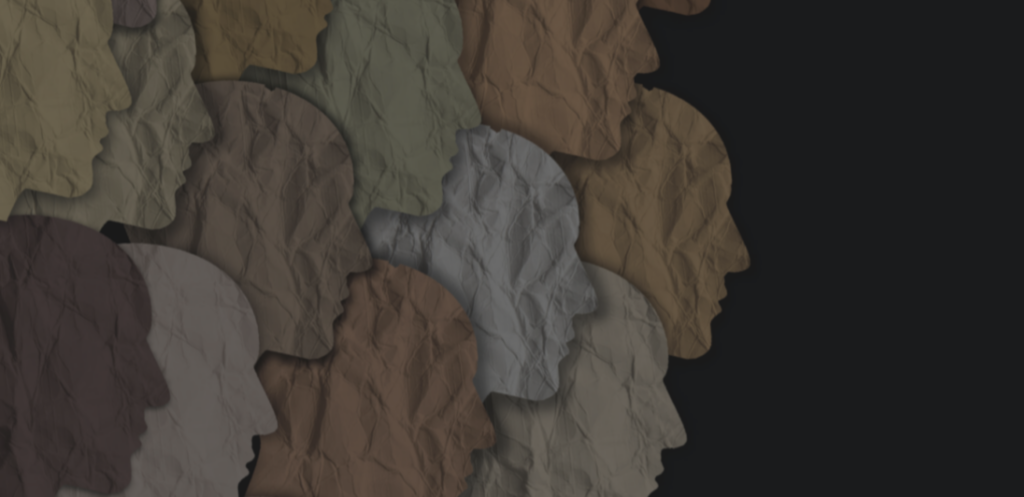
Understanding Racism
Learn more about the project “Understanding Racism as a Risk Factor in Atrocity Crimes,” and access case studies, resources and more here.

